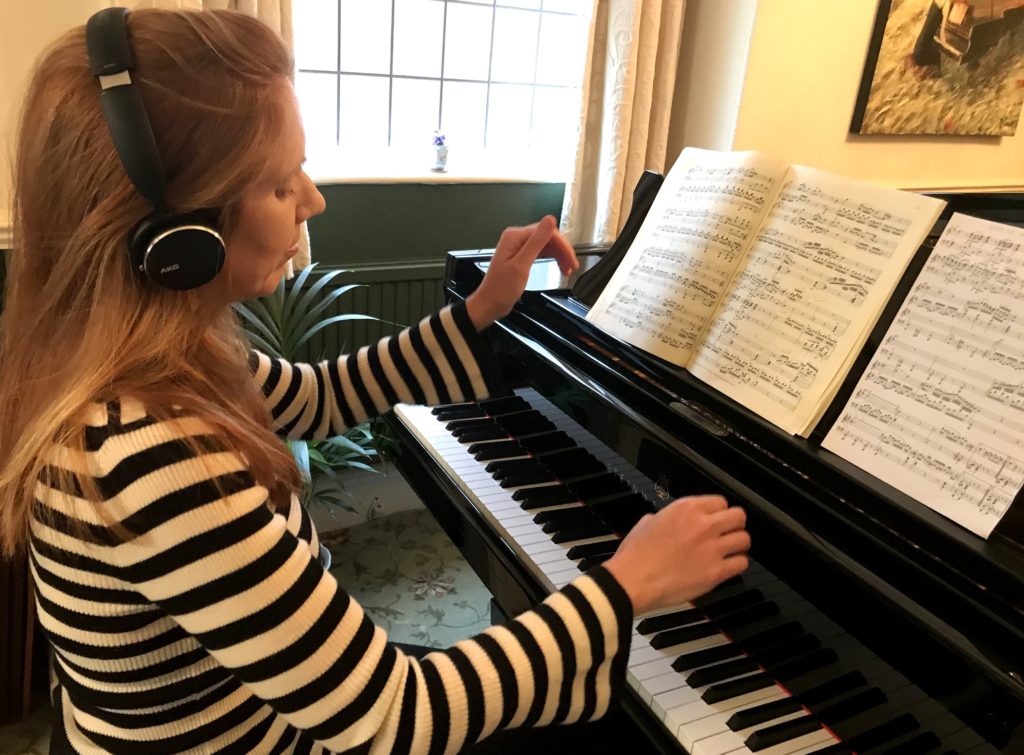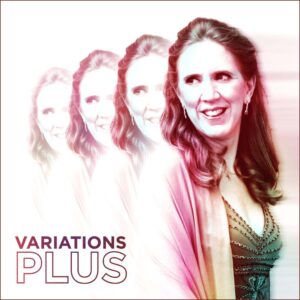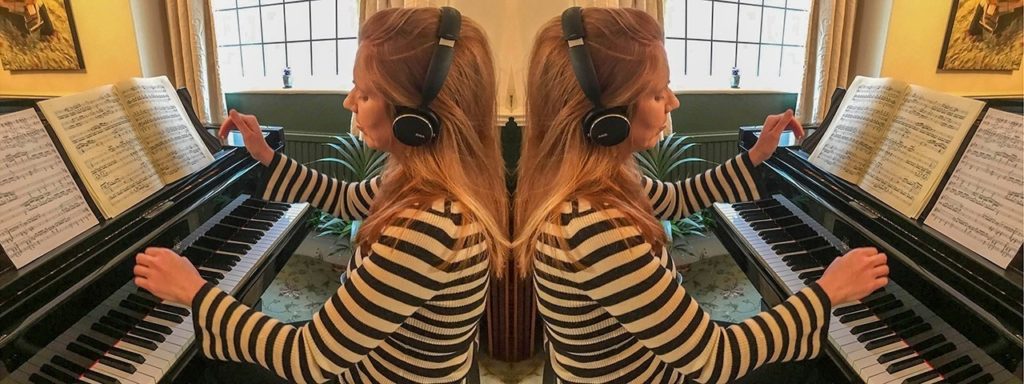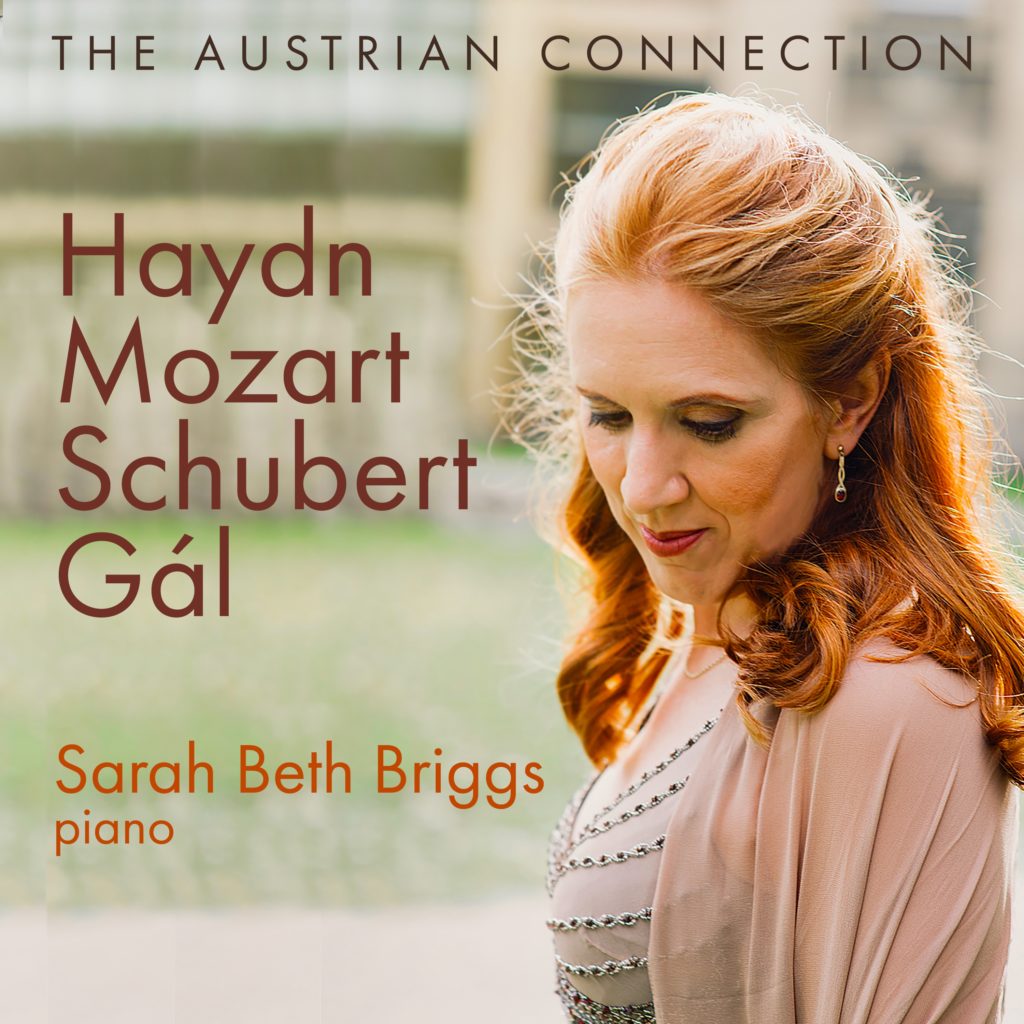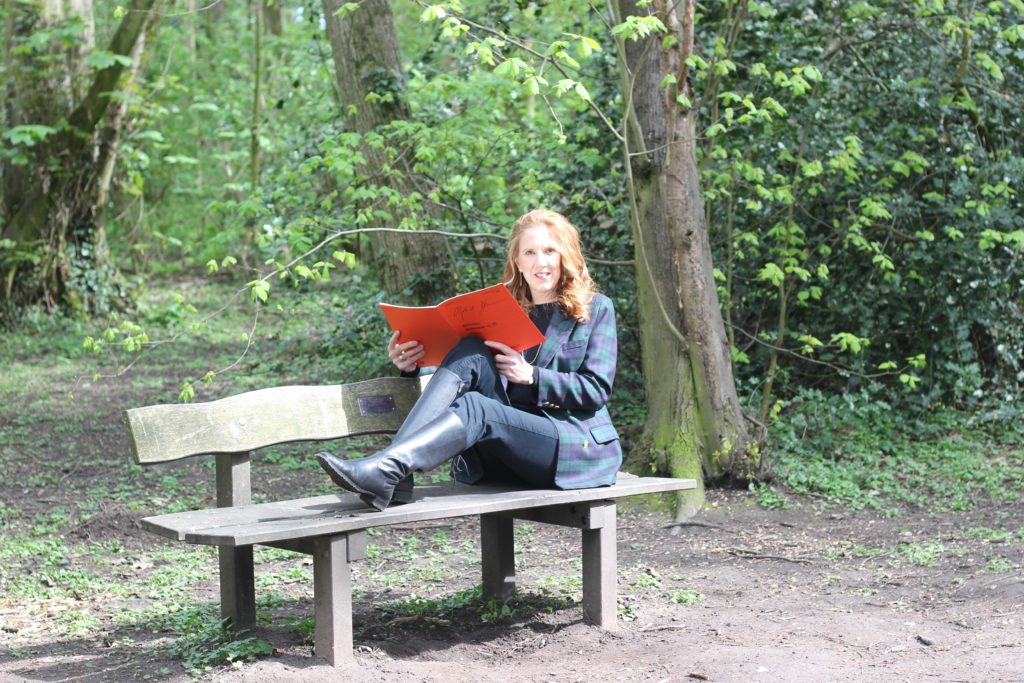
Sarah Beth Briggs: New album celebrates the notion that small is beautiful. Picture: Marci Stuchlikova
YORK international concert pianist Sarah Beth Briggs is to release her new album, Small Treasures, on AVIE Records (AV2771) on October 24.
“The recording celebrates the notion that small is beautiful and great and familiar miniatures contrast with some very fine lesser-known gems,” says Sarah.
The disc is bookended with two of the greatest sets of miniatures ever written, Robert Schumann’s Woodland Scenes and Brahms’ Piano Pieces op 119, although, given how her international career was launched by winning the Mozart Competition in Salzburg, it seemed fitting for Sarah to end with a tiny, 90-second gem by Mozart – effectively providing an encore.
Along the musical journey, there are delightful miniatures by two female composers, Robert Schumann’s wife, Clara and 20th century French composer Germaine Tailleferre. (Tailleferre’s compatriot Francis Poulenc’s evocative Novelettes are included too.)
Alongside the musical treasures on the recording, the cover photo features Sarah’s own small treasure, with whom she spends as much of her free time as possible, her cocker spaniel, Animé (or Ani), pictured alongside natural small treasures in the floral form of bluebells from Yorkshire woodlands.
While two pre-release tracks are available already on Spotify, the full release will be available from October 24 on CD and via all the standard digital platforms.
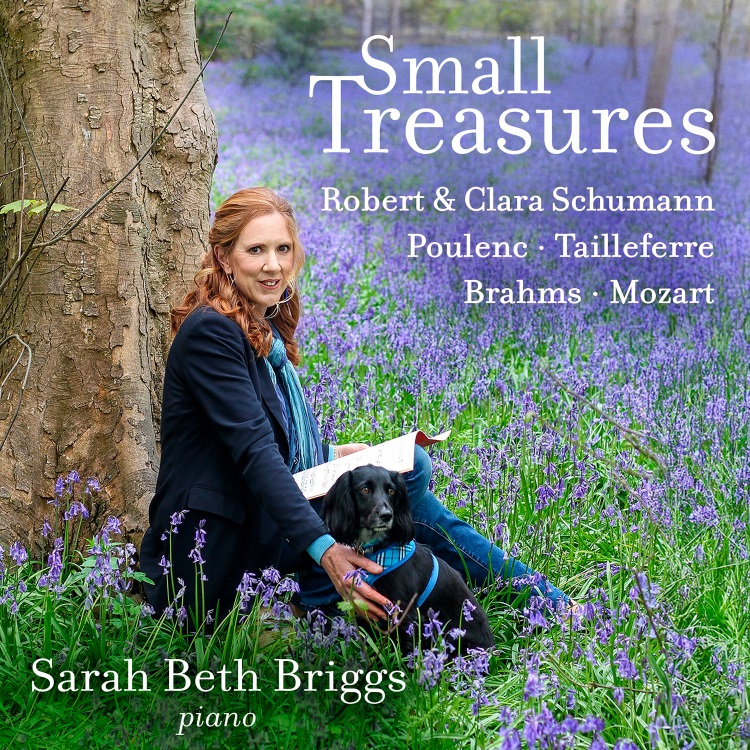
Sarah Beth Briggs’s album cover artwork for Small Treasures
“There is something for everyone in this album, from the committed classical music lover to those who are just interested in giving classical music a try,” says Sarah. “With no track lasting more than seven minutes and many hovering around two to three minutes, I really hope the variety of moods and emotions will capture the imaginations of listeners of all ages and tastes.
“Small can be beautiful and serene, fun, virtuoso or perhaps reckless and eccentric. Have a listen and let me know what appeals to you!”
Sarah’s schedule over the coming weeks takes her the length and breadth of the country, from Scotland to Surrey, but closer to home she will be performing one set of these Small Treasures (the Brahms Piano Pieces op 119) at St Paul’s Hall, University of Huddersfield, Queensgate, Huddersfield, on December 1 for the Huddersfield Music Society.
Her 7.30pm programme also will feature Mozart’s Fantasy in D minor, K397; Schubert’s Sonata in A major, D664; Debussy’s Suite Bergamasque; Hans Gál’s Three Preludes Op. 65 (1944) and Mendelssohn’s Variations Sérieuses. Box office: huddersfield-music-society.org.uk.
For more information on Sarah, visit sarahbethbriggs.co.uk. To view Sarah’s promotional videos, head to: https://www.instagram.com/p/DOfultMjR6V/ or https://www.youtube.com/watch?v=14DFM9h6XEk for a longer introduction.
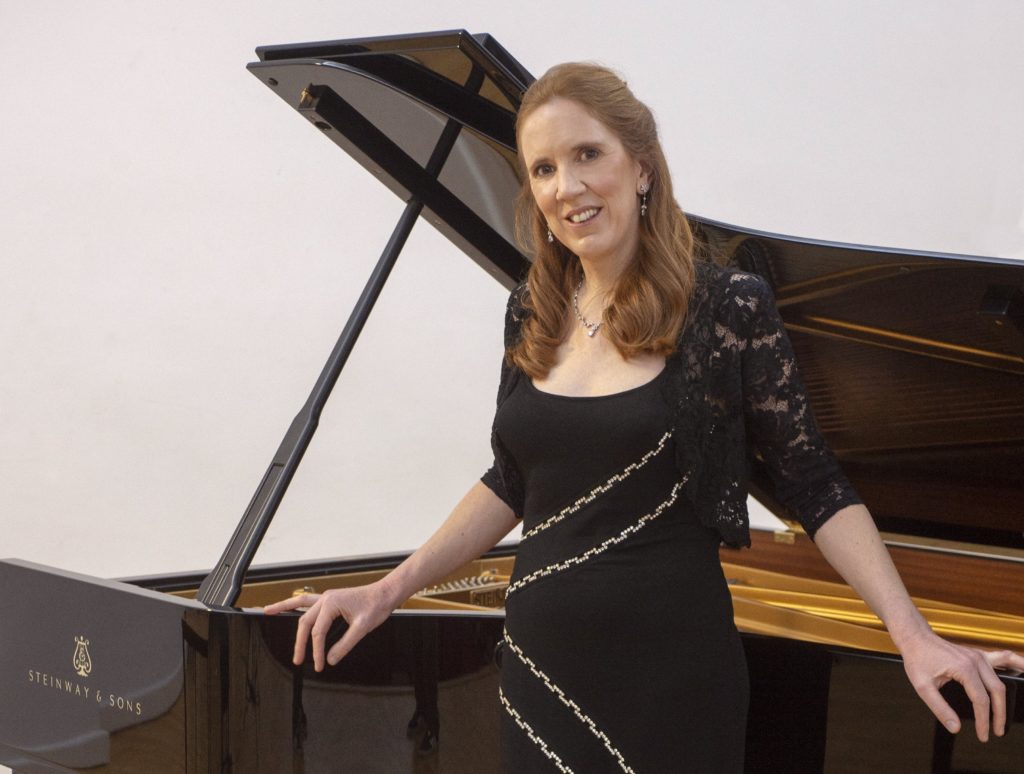
Pianist Sarah Beth Briggs at Wyastone recording studio, Monmouth, Wales. Picture: Fritz Curzon
Sarah Beth Briggs: back story
YORK classical pianist began her professional career at 11 years old. Gained early recognition as youngest finalist in BBC Young Musician of the Year competition and later won International Mozart Competition in Salzburg.
Performed as soloist with leading UK orchestras, such as Royal Philharmonic and Hallé. Appeared at prestigious venues, including London’s South Bank Centre.
Experienced educator, teaching at University of York and offering masterclasses internationally. Her recordings, featuring works by Britten, Haydn and more, have received widespread praise.

